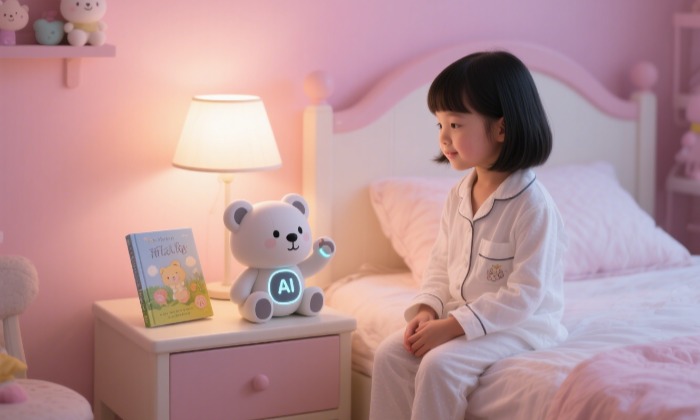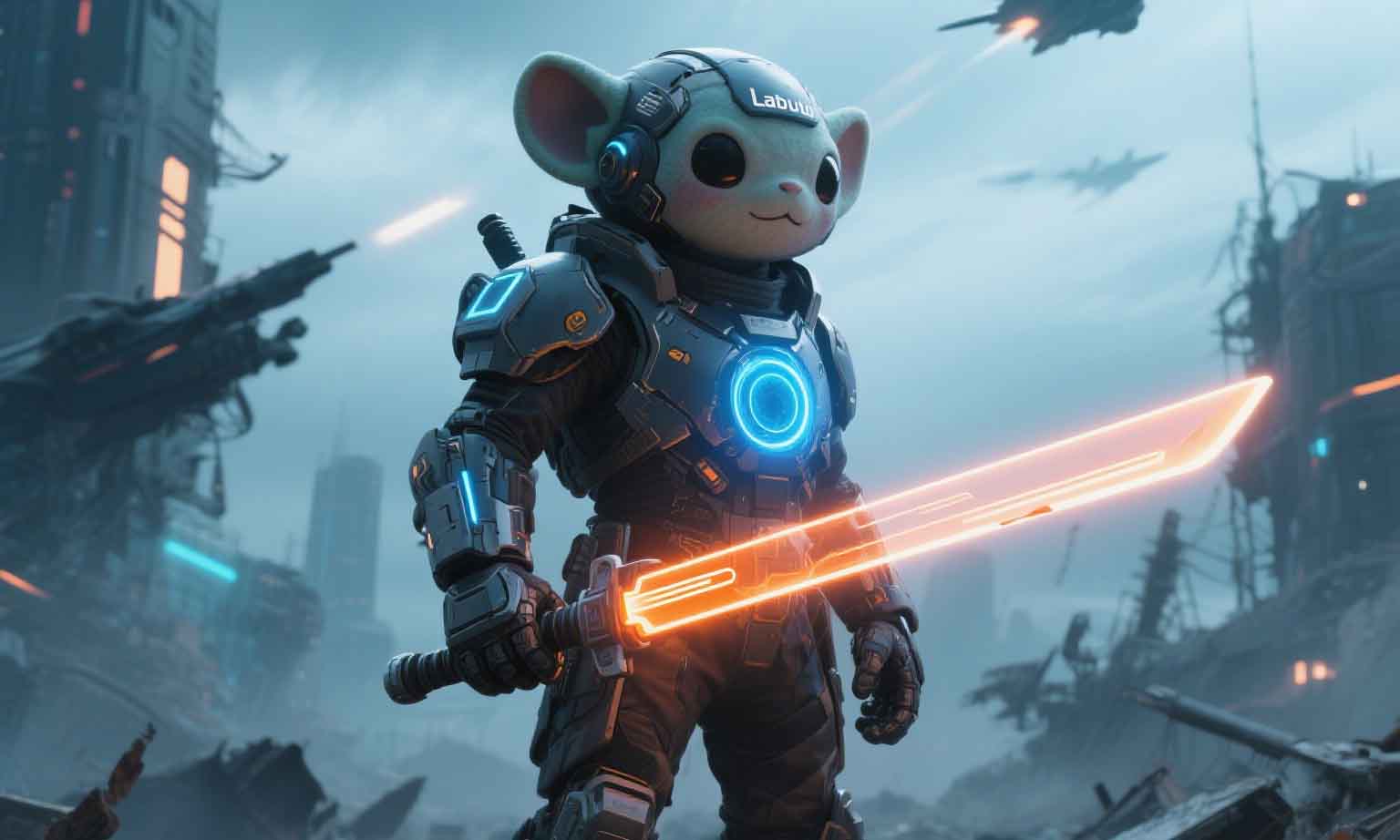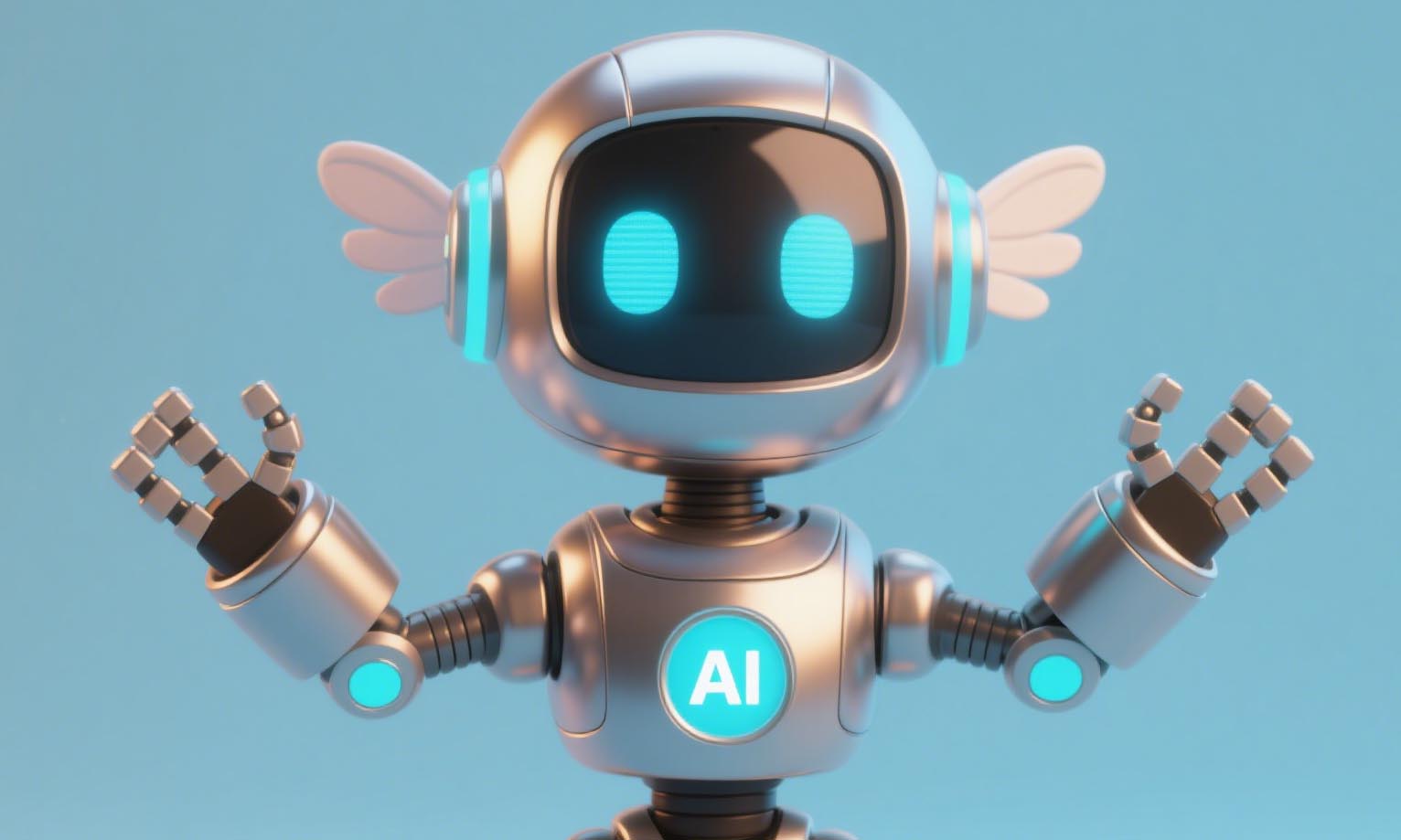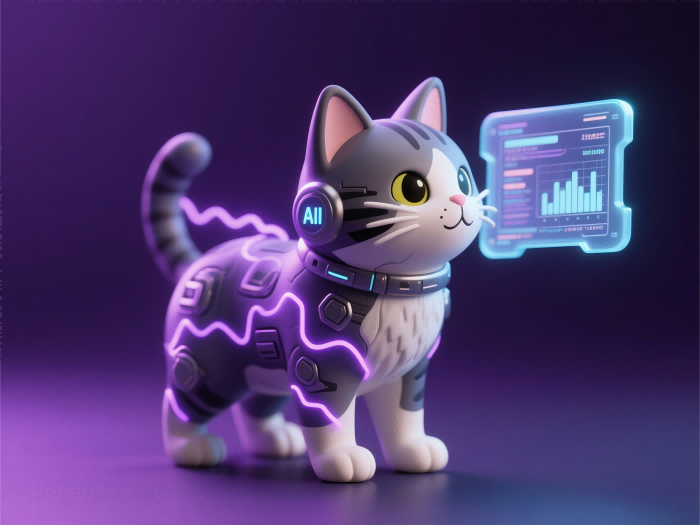The AI Toy Revolution: How Smart Play is Transforming Childhood Development
The world of children's play is undergoing a remarkable transformation as advanced AI technology merges with traditional toys to create a new generation of intelligent playthings. Educational AI toys represent more than just digital gadgets—they are sophisticated learning tools that blend entertainment with AI-based early childhood education, offering personalized developmental experiences for young minds. From interactive robots that teach coding fundamentals to empathetic companion AI agents that support emotional growth, today's AI toys are reshaping how children learn and interact with their world. This revolution extends beyond the playroom, connecting with broader technological trends like digital IP incubation and scenario-based AI solutions to create comprehensive learning ecosystems that engage young minds in unprecedented ways.
The current landscape of educational AI toys has evolved dramatically from simple electronic devices to intelligent learning companions. Modern AI-powered playthings utilize machine learning algorithms to analyze a child's interactions and adapt content accordingly. A language-learning stuffed animal might start with basic vocabulary for toddlers but gradually introduce more complex phrases as the child's abilities develop. These AI solutions embedded in toys create customized educational pathways that traditional playthings cannot match. Research in child development confirms that knowledge retention improves significantly when learning occurs through hands-on play, as the combination of tactile engagement and instant feedback creates stronger cognitive connections. The most innovative AI toys employ natural language processing to hold genuine conversations with children, asking open-ended questions that stimulate critical thinking while maintaining an atmosphere of fun and discovery.

Emotional development through play has reached new heights with the advent of companion AI agents designed specifically for children. These sensitive playmates can recognize and respond to emotional cues, helping children practice communication skills in a safe, pressure-free environment. Therapeutic robots for children with special needs demonstrate how AI application scenarios can support social-emotional growth through gradual, structured interactions. For all children, AI-enhanced toys serve as constant companions that encourage verbal expression while providing comfort—a high-tech evolution of the classic imaginary friend concept. Parents frequently observe children forming deep attachments to these intelligent toys, using them to rehearse social situations and process complex emotions before applying these skills in real-world contexts. This emotional scaffolding represents one of the most valuable aspects of modern AI toys, blending psychological support with the natural benefits of play.
The educational potential of smart toys shines brightest in scenario-based AI solutions that create immersive learning adventures. Imagine a space exploration kit where AI elements guide children through a simulated mission to Mars, teaching real astrophysics concepts while adjusting challenges to match the child's growing abilities. Or consider a smart storytelling doll that crafts personalized narratives incorporating the child's interests and learning objectives. These rich experiences leverage advanced AI technology to maintain what educators call the "flow state"—that perfect balance between challenge and skill where optimal learning occurs. Leading toy manufacturers now collaborate with child psychologists to develop these scenario-based products, ensuring content aligns with developmental milestones while preserving the joy and spontaneity that makes play so valuable. The result is a new generation of toys that don't just supplement formal education but often deliver superior learning outcomes through their engaging, interactive nature.
The impact of intelligent toys extends beyond children to empower entire families through integrated family educational AI assistants. These comprehensive systems transform playtime into collaborative learning experiences while giving parents valuable insights into their child's development. Modern AI toy ecosystems function as one-stop AI agent solutions, connecting physical play with digital platforms to create seamless educational continuity. A child might solve puzzles with smart blocks while the system analyzes their progress and recommends appropriate next steps through a linked application. Some advanced setups even offer parents real-time suggestions for extending learning beyond play sessions, turning everyday moments into educational opportunities. This holistic approach strengthens family bonds while creating consistency between school, home, and play environments—a combination that research shows significantly enhances childhood development outcomes.
As we look to the future, the possibilities for educational AI toys continue to expand in exciting directions. Emerging technologies promise toys that can detect and respond to a child's emotional state in real-time, or that use augmented reality to blend physical and digital play spaces seamlessly. The growing field of digital IP incubation is enabling the creation of toy characters with evolving personalities that grow alongside children over years of use. Future AI toys may serve as lifelong learning companions, progressing from teaching basic concepts in early childhood to exploring advanced subjects during adolescence. Through all these advancements, the fundamental truth remains that children learn best when engaged in play they love. With advanced AI technology, that play is becoming more personalized, educational, and magical than ever before. The toy revolution is here, powered by intelligent companion AI agents and sophisticated AI solutions that nurture both cognitive skills and emotional intelligence, preparing children not just for school, but for life in our increasingly digital world through innovative IP agent solutions.













